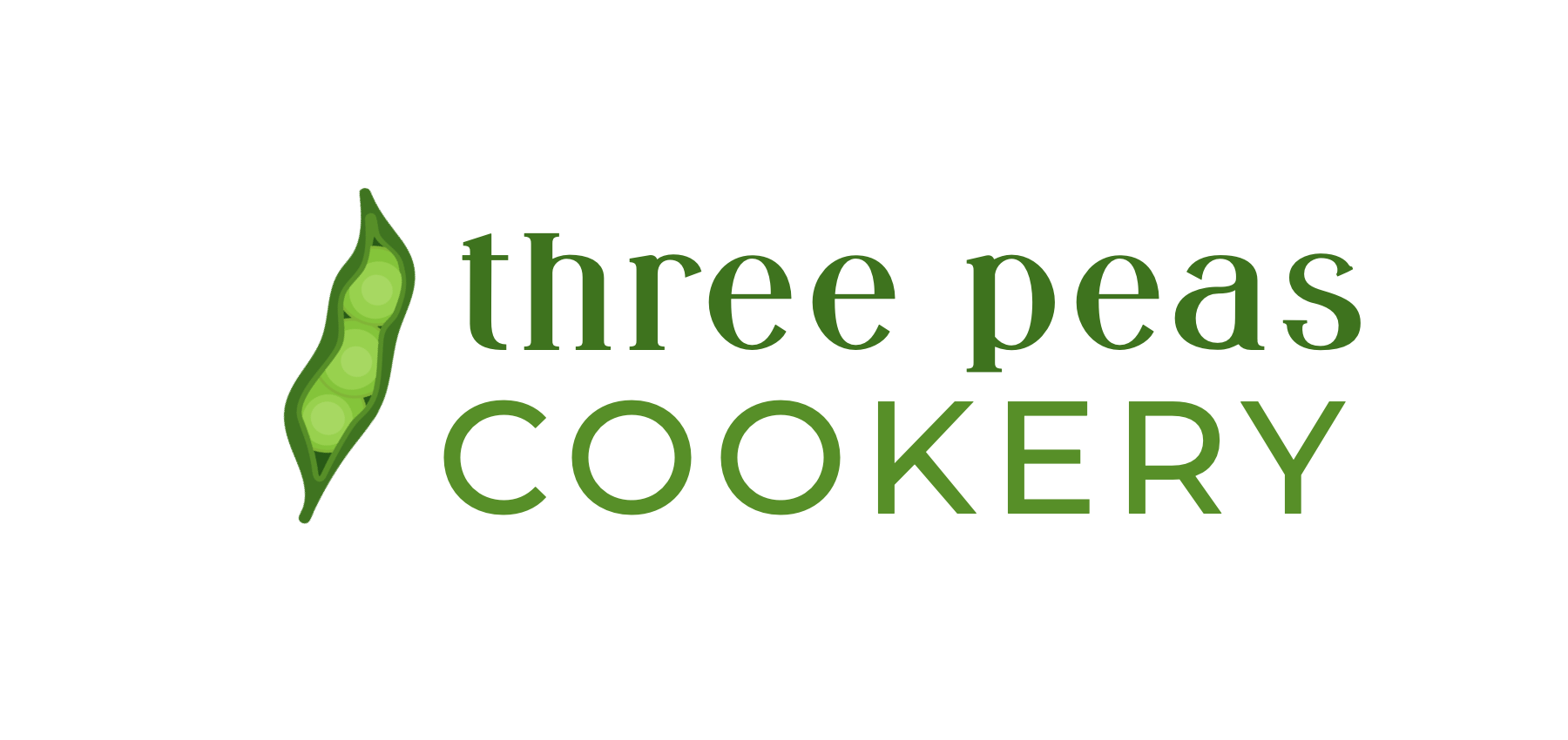Online Cookery Courses
As you embark on your cookery course, take a moment to introduce your sef to cookery. generally. Utilise our useful equipment lists, food safety tips. and reference glossary so you are fully prepared for your course.
AN INTRODUCTION TO COOKERY
Useful Equipment
Below is a list of equipment you will need throughout the course:
-
Weighing scales
-
Mixing bowl
-
Saucepans
-
Oven-proof dish / baking trays / bun trays
-
Frying pan, non-stick
-
Cake / loaf tins
-
Wok, not essential, a frying pan can be used
-
Cheese grater
-
Colander / sieve
-
Garlic crusher
-
Rolling pin
-
Utensils including fish slice, wooden spoon, balloon whisk, ladle
-
Pastry cutter
-
Electric hand whisk, not essential
-
Stick blender
Below is a list of common abbreviations used in our recipes.
-
Tsp: teaspoon
-
Dsp: dessertspoon
-
Tbsp: tablespoon
Abbreviations
Hygiene & Safety
Below are some simple hygiene and safety rules when working in the kitchen.
-
If you are under the age of 18 please make sure you have consent from an adult to cook and you are supervised where appropriate.
-
Wash your hands before & after handling food.
-
Wear a clean apron.
-
Wear closed-in shoes to protect your feet, in case of hot spills or breakages.
-
Keep food preparation surfaces clean.
-
Tie back long hair.
-
Wash vegetables and fruit under cold water before use.
-
Wipe up food spills immediately.
-
Handle knives and other sharp equipment with care. When using a knife, always cut away from yourself or downwards on a chopping board to avoid cutting yourself.
-
Turn handles of saucepans away from the front of the stove when cooking.
-
Use oven mitts when taking hot dishes from the oven or microwave.
-
Do not run around the room where food is being prepared!
© 2024 by Three Peas. Created on Wix Studio.
Below is a list of terms and definitions that you will come across during the course.
-
BAKE : to cook by dry heat, usually the oven.
-
BEAT : to mix rapidly in order to make a mixture smooth and light.
-
BOIL : to cook a liquid until bubbles break continually on the surface.
-
CHOP : to cut ingredients into pieces with a sharp knife.
-
CHUNKS : uniform cubes, roughly 1-inch square.
-
DICE : to cut food into very small cubes.
-
FRY : to cook in hot fat/oil, usually in a frying pan.
-
GARNISH : to decorate a dish to enhance its appearance and flavour.
-
GRATING : to rub foods against a serrated surface (grater) to produce shredded or fine bits. Most often used for cheese.
-
KNEAD : to work dough with hands to develop the gluten in the flour.
-
MASH : to crush foods such as potatoes with a fork or a potato masher.
-
PEEL : to remove the outside layer from vegetables or fruit.
-
PINCH : the amount you can hold between your thumb and forefinger, often used in reference to salt and pepper.
-
SIMMER : To cook in liquid just below the boiling point; bubbles form but only occasionally break on the surface.
-
SLICE: to cut across the grain into thin uniform pieces.
-
STIR-FRY : To quickly cook small pieces of food over high heat, usually in oil, stirring constantly
-
WHISK : To beat ingredients such as cream, eggs, salad dressings, or sauces with a fork or balloon whisk.
-
ZEST : The outer, coloured part of the peel of citrus fruit.

